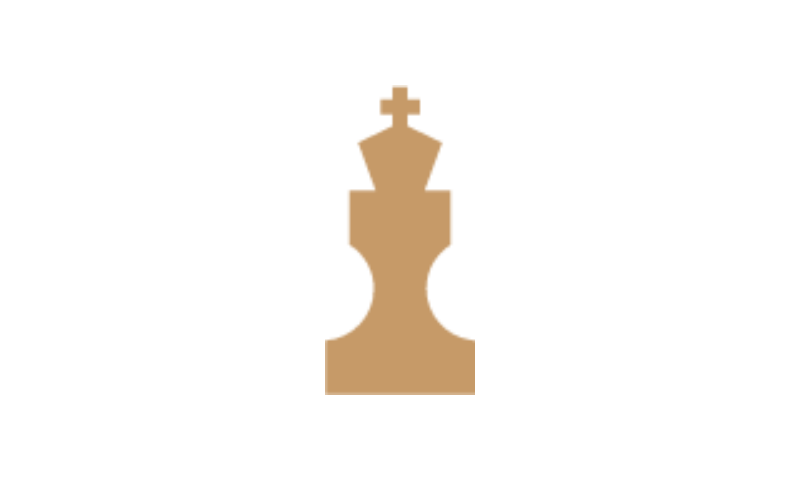Local Barber Offers Free Haircuts to Celebrate Kindness Day
World's First Underwater Fashion Show Mesmerizes SpectatorsAnyhow, whether the coat be worn by the tailor or by his customer, in either case it operates as a use-value. Nor is the relation between the coat and the labour that produced it altered by the circumstance that tailoring may have become a special trade, an independent branch of the social division of labour. Wherever the want of clothing forced them to it, the human race made clothes for thousands of years, without a single man becoming a tailor. But coats and linen, like every other element of material wealth that is not the spontaneous produce of nature, must invariably owe their existence to a special productive activity, exercised with a definite aim, an activity that appropriates particular nature-given materials to particular human wants. So far therefore as labour is a creator of use-value, is useful labour, it is a necessary condition, independent of all forms of society, for the existence of the human race; it is an eternal nature-imposed necessity, without which there can be no material exchanges between man and Nature, and therefore no life.
The exchange of commodities is therefore accompanied by the following changes in their form.
It is plain that commodities cannot go to market and make exchanges of their own account. We must, therefore, have recourse to their guardians, who are also their owners. Commodities are things, and therefore without power of resistance against man. If they are wanting in docility he can use force; in other words, he can take possession of them.[1] In order that these objects may enter into relation with each other as commodities, their guardians must place themselves in relation to one another, as persons whose will resides in those objects, and must behave in such a way that each does not appropriate the commodity of the other, and part with his own, except by means of an act done by mutual consent. They must, therefore, mutually recognise in each other the right of private proprietors. This juridical relation, which thus expresses itself in a contract, whether such contract be part of a developed legal system or not, is a relation between two wills, and is but the reflex of the real economical relation between the two. It is this economical relation that determines the subject matter comprised in each such juridical act.[2] The persons exist for one another merely as representatives of, and, therefore, as owners of, commodities. In the course of our investigation we shall find, in general, that the characters who appear on the economic stage are but the personifications of the economical relations that exist between them.

